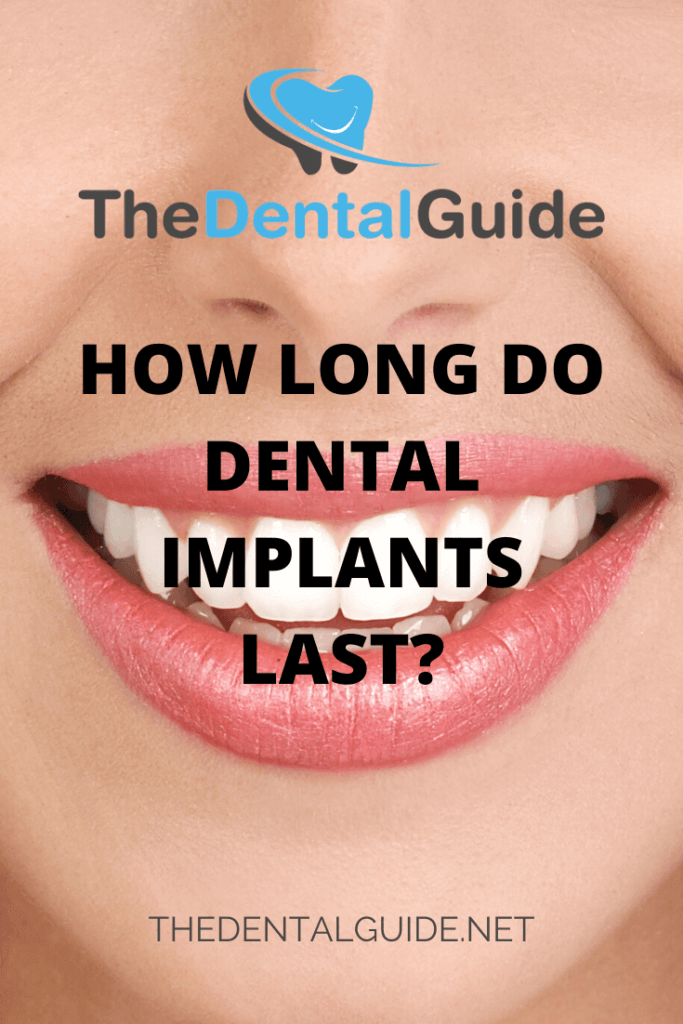A dental implant could last for a very long while if it is maintained properly. But exactly how long that is will vary greatly from person to person. A concrete timeframe cannot be set, as each individual will be different.
About Dental Implants
Before you can fully understand how long a dental implant can last, you first ought to know exactly what they are. Dental implants are artificial teeth that are inserted between other natural teeth. They can replace a single tooth or multiple teeth. In some severe cases, dental implants can be used to replace every single tooth in the mouth.
They are held securely in place by small bolts that are anchored into the jawline. These hold the artificial teeth fast and ensure they cannot move. Once the new implants are inserted in the mouth, it can take a few weeks or months for them to take proper hold. During this healing time, the implants can move slightly and even be knocked out of position if the patient does not use enough care when dealing with them.
But once the implants are secure and have had time to take proper hold, they can be incredibly durable and may rarely, if ever, need to be replaced or repaired.
How Long These Implants Will Last?
Ideally, dental implants will last as long as 10-15 years. If they are taken care of properly and not misused, they can even last longer than 15 years. Don’t expect them to last a lot longer, however, as that is about the time they are due for replacement.
No other method of tooth replacement lasts longer and proves as durable. But you will have to take care of these implants if you want them to last.
This starts as soon as you have them put in. During the first few months, the implants will be slightly unstable. You will have to eat soft foods and be careful about how you use your teeth.
Once your mouth is fully healed and the bones and gums have had time to grow around the implants, then the implants will be incredibly secure. But you still have to be careful about how you treat them. You should take care of them like any other teeth. That means brushing and flossing regularly to prevent wear and tear. Just like on natural teeth, sugar and some other foods can slowly dissolve the teeth.
You also want to be careful about grinding your teeth. If you grind at night and cannot control it, you may need to use a mouth guard to protect the implants. You should also be careful about the foods you eat. After your mouth heals from the initial implant process, you will be allowed to eat hard and crunchy foods. But you should still stay away from foods that can be detrimental to your teeth’s health. These include such foods as caramel apples, hard candies, ice cubes and other extremely hard foods that can chip away at the teeth or bend the implant screws.
